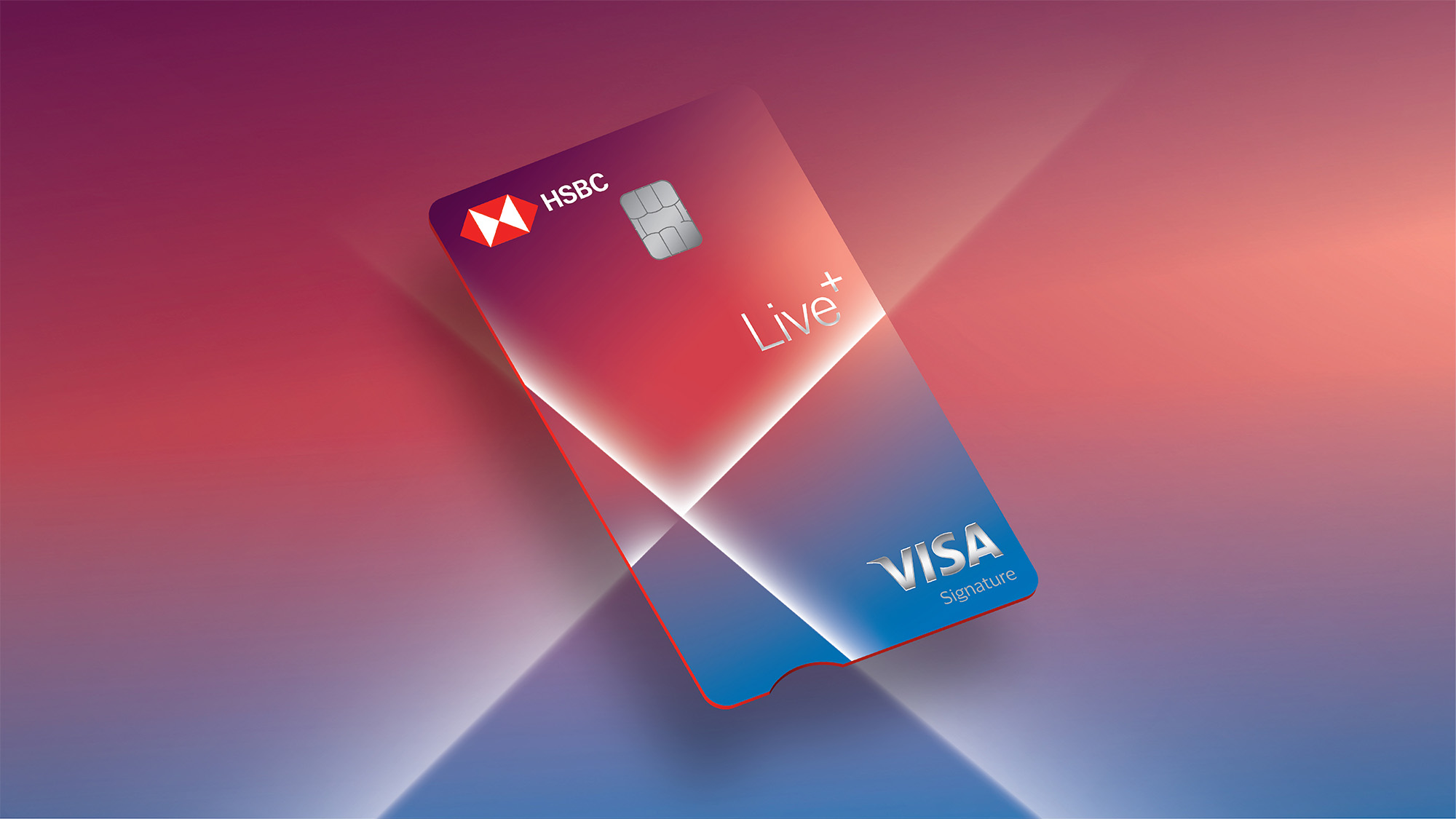Did you find this article useful?

You might have come across various marketing materials and communication from credit card issuers advertising free credit cards. But here's the thing: free credit cards are hardly ever truly free.
If you already have a credit card or are considering getting one, it's important to understand the different types of credit card fees.
Also known as an annual maintenance fee, this is not necessarily a 'hidden' charge. The annual credit card fee will vary depending on your card.
Some credit card providers won't charge you a joining or yearly fee for a limited time (or even forever!). When you get an offer for a free credit card, read the small print to confirm that this includes the annual credit card fees.
When you miss a payment on your credit card, the issuer usually makes you pay finance charges. These charges can be quite hefty, calculated as a percentage of the amount due.
In this case, you might want to think about converting the amount into Equated Monthly Installment (EMIs) and paying it off over a longer period. This makes more financial sense, even with the interest on EMIs, compared to paying finance charges. Remember, finance charges also apply if you use your credit card to withdraw cash from an ATM.
Apart from finance charges, withdrawing money from an ATM using a credit card also results in cash advance fees. Credit card cash withdrawal charges can be as much as 2.5% of the total amount you withdraw using a credit card. Overall, it's best to avoid ATM withdrawals using your credit card so you don't incur extra costs.
When you carry a balance from one month to another, the card issuer charges interest on the outstanding balance. Generally, credit card interest rates are quite high. However, credit card issuers often give you a grace period to clear the outstanding payment. If you still haven't made the payment by the end of the grace period, then interest will be applied.
Is your credit card interest rate too high? You might want to think about transferring your credit card balance to a low-interest card to pay off your debt faster.
When you use your credit card for transactions outside your home country or region, you may incur credit card foreign transaction fees. These charges can vary, typically ranging from 2% to 5% of the transaction value. However, you can avoid this expense by opting for a card, such as the HSBC Premier Credit Card, with minimal foreign transaction charges.
If you happen to miss the payment due date, a late payment fee will be added to your account. Banks do give you the option to pay a minimum amount, but if you're unable to do so, a late fee is unavoidable. The charges for late credit card payments typically vary depending on the credit card issuer and the amount shown on your bill.
Using a credit card gives you quick access to money for things like medical emergencies, shopping and flights. Knowing how credit card charges work can help you budget better and use your card smartly. So, make sure you use your credit card wisely to meet your needs and handle your finances well.

Dine, shop and have fun with extra cashback.
Did you find this article useful?



This publication has been issued by The Hongkong and Shanghai Banking Corporation Limited (HSBC), India, Incorporated in Hong Kong SAR with limited liability, for the information of its customers only. This publication does not constitute tax or investment advice or an offer to sell, or a solicitation of an offer to purchase or subscribe to any product / investment. The information herein is derived from sources believed to be reliable and the concerned Information Provider(s) have duly authorised HSBC to use such information provided by them.
Whilst every care has been taken in compiling the information, HSBC and the concerned Information Provider(s) do not guarantee, or make any representation or warranty and accept no responsibility or liability as to its accuracy or completeness and shall not be liable for damages arising out of any person's reliance upon this information or any action taken or not taken as a result of any material contained in the publication. All information is subject to the relevant Act, Rules, Regulations, Policy Statements, etc., of the Income Tax Department and subject to change. Expressions of opinion are those of HSBC and the Information Provider(s) only and are subject to change without notice. HSBC has not independently verified any information provided by the Information Provider(s) or that has been derived from the sources believed to be reliable by HSBC. Opinions expressed herein do not have regard to specific investment objectives, financial situation and the particular needs of any specific person who may receive this publication. This document is for circulation in India only. No part of this publication may be reproduced or stored in a retrieval system without the prior written permission of HSBC. Any liability is accordingly expressly disclaimed by HSBC, its officers, directors and employees.